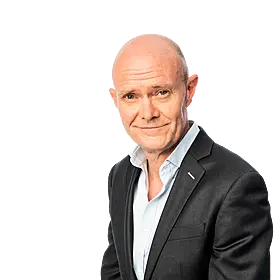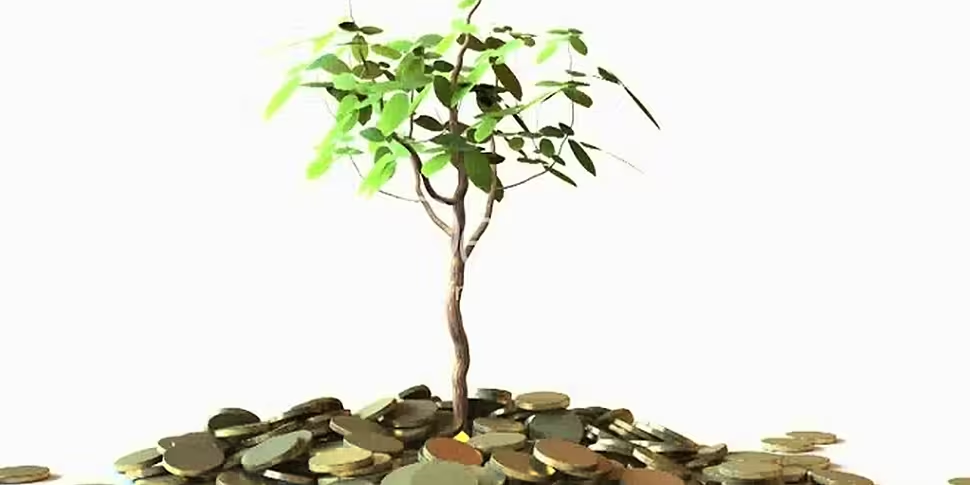The American Economic Association will host the largest annual economics conference this weekend in San Diego. Some of the more unusual topics up for discussion include contraception & abortion, greenhouse gases and pathways to adulthood. One topic which won’t be discussed however is how money is created. Nor will there be any conversation about why there’s less money during a recession.
Strangely, five years into the crisis and with the economy increasingly short of money there’s very little discussion in the media about where money actually comes from. There’s even less talk about where the money from the ‘boom’ years has disappeared to? The banks don’t have it, businesses & households don’t have it and the Government certainly doesn’t have it. Even our former millionaires don’t seem to have it. This poses the question; why is there less money during a recession?
Shedding light on both of these matters lies in the fact that, like so many things these days, money has gone digital. In fact only 3% of Euros exist as cash & coins. The other 97% is electronic and consists of the numbers in our bank accounts. Most of us are familiar with the fact that the central bank creates the cash & coins for the Government. However, very few people understand where digital money comes from. And even fewer understand why there’s less of it during a recession.
Believe it or not, digital money comes from bank loans. Banks create the money they lend ‘by simply increasing the borrowing customer’s current account’ to quote Paul Tucker, deputy Governor of the Bank of England. As a result every digital Euro has a corresponding interest-bearing debt to the banks. For us, this process of money creation is the root cause of the debt crisis and indeed many of our social problems. In fact because banks charge interest on loans, they create more debt than they do money and this means that it’s impossible for everyone to repay their loans. Another problem with creating money this way is that if no-one is willing or able to get a loan from a bank, there is no significant source of the lifeblood of the economy, money.
If you find that hard to believe you’re definitely going to question the next bit but it is absolutely true: If you repay a loan to a bank the money no longer exists. Former Chancellor of the Exchequer, Reginald McKenna, explained it as follows; ‘every repayment of a loan…destroys a deposit’ but when you think about it, it becomes clear. On processing a repayment your bank will lower your account balance and lower your debt to them. No-one else’s account is affected and the money becomes a victim of double entry bookkeeping, although the banks keep the interest on the loan. This is why there’s less money during a recession and it also means that we cannot reduce our personal and business debts without shrinking the money supply.
If we take on more debt than we repay this system can run quite well. To date mortgages have always been able to increase in duration and this has been the main reason we’ve been able to take on ever increasing debt. However mortgages have hit a natural limit, taking two incomes around thirty years to repay. We can no longer expect home owners to be perpetually increasing carriers of debt and we appear to have reached the end of the useful part of this unsustainable system of money creation and destruction.
Unfortunately it seems this system is very misunderstood by many of our politicians, journalists and even our economists. In fairness what’s still taught in university is an outdated model of banking that dates back to when loans were processed in cash form only. Thankfully there have been a number of articles and papers on this subject recently and it seems some economists are beginning to suspect that the creation of money in parallel with debt is the cause of over indebted economies.
One solution to the debt crisis lies in running the economy the way most people think it runs. This involves the central bank creating the entire money supply, cash & digital, and having the banks do banking. i.e. Banks would process all the electronic transfers within the economy and act as an intermediate between savers and borrowers. This is known as full reserve banking.
For more information on where money comes from and how we could resolve the debt crisis please visit www.sensiblemoney.ie.
This is a guest post from founder of Sensible Money, Paul Ferguson









